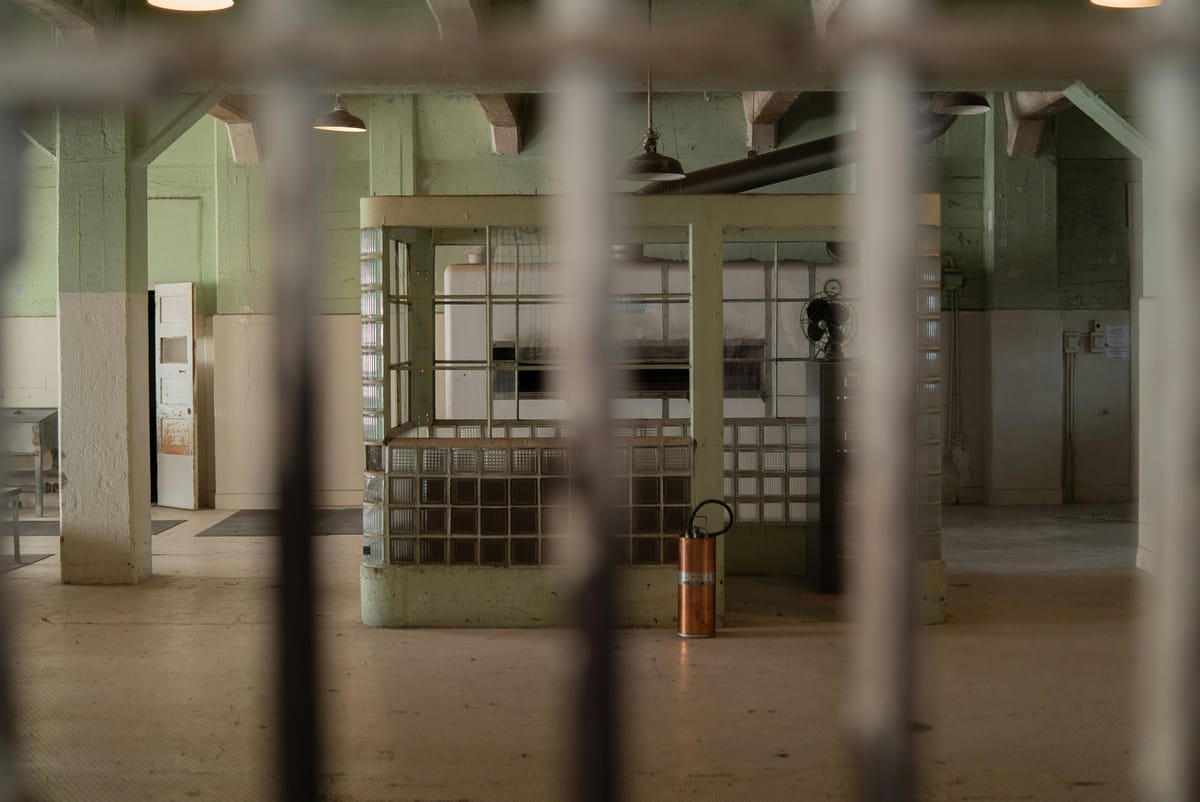United States Supreme Court to Decide if Inmate Can Sue Over Forced Haircut

The U.S. Supreme Court will take up the case of Damon Landor, a Rastafarian inmate in Louisiana who says prison officials violated his religious rights when they forcibly shaved his dreadlocks. Landor had not cut his hair for nearly 20 years, in keeping with his religious beliefs.
His lawsuit, filed under the Religious Land Use and Institutionalized Persons Act (RLUIPA), claims his rights were trampled after guards at the Raymond Laborde Correctional Center ignored his pleas and documentation supporting a religious exemption.
Incident Sparks Legal Battle
Landor was sentenced in late 2020 to five months for drug possession. Upon entering the prison, he explained his religious practice and showed staff a 2017 federal court ruling that protected Rastafarian inmates from forced haircuts under RLUIPA.
According to court records, a guard discarded Landor’s legal papers and called in the warden. Landor was then taken to a separate room, handcuffed to a chair, and had his head forcibly shaved.
He filed suit against the state corrections department, the facility, and the warden, seeking monetary damages for the alleged violation.
Courts Split on Legal Interpretation
While the Supreme Court previously ruled that federal officials can be sued for damages under the Religious Freedom Restoration Act (RFRA), lower courts said RLUIPA doesn’t allow similar lawsuits against state officials. They argued that RLUIPA, tied to federal spending powers, functions more like a contract with states and doesn’t authorize personal liability.
The 5th U.S. Circuit Court of Appeals upheld that position, stating: “We emphatically condemn the treatment that Landor endured… Still, we remain bound by our prior decision.”
Dissent and Federal Support for Inmate
Six appellate judges dissented, arguing that RFRA and RLUIPA share nearly identical language and should be interpreted consistently. Judge Andrew Oldham wrote that denying monetary liability undermines the law’s intent to protect religious exercise in prison.
In a rare move, the Trump administration filed a brief backing Landor’s position. It urged the court to treat the two statutes in harmony and allow claims against individual state officials.
State Defends Policy Change, Not Lawsuit
Louisiana Attorney General Elizabeth Murrill condemned the treatment Landor received and said the state has since updated its prison grooming policies to prevent similar incidents.
However, she said the question before the court isn’t about the past conduct, but whether RLUIPA permits personal lawsuits. She warned that opening the door to such suits could make it harder to recruit and retain prison staff.
